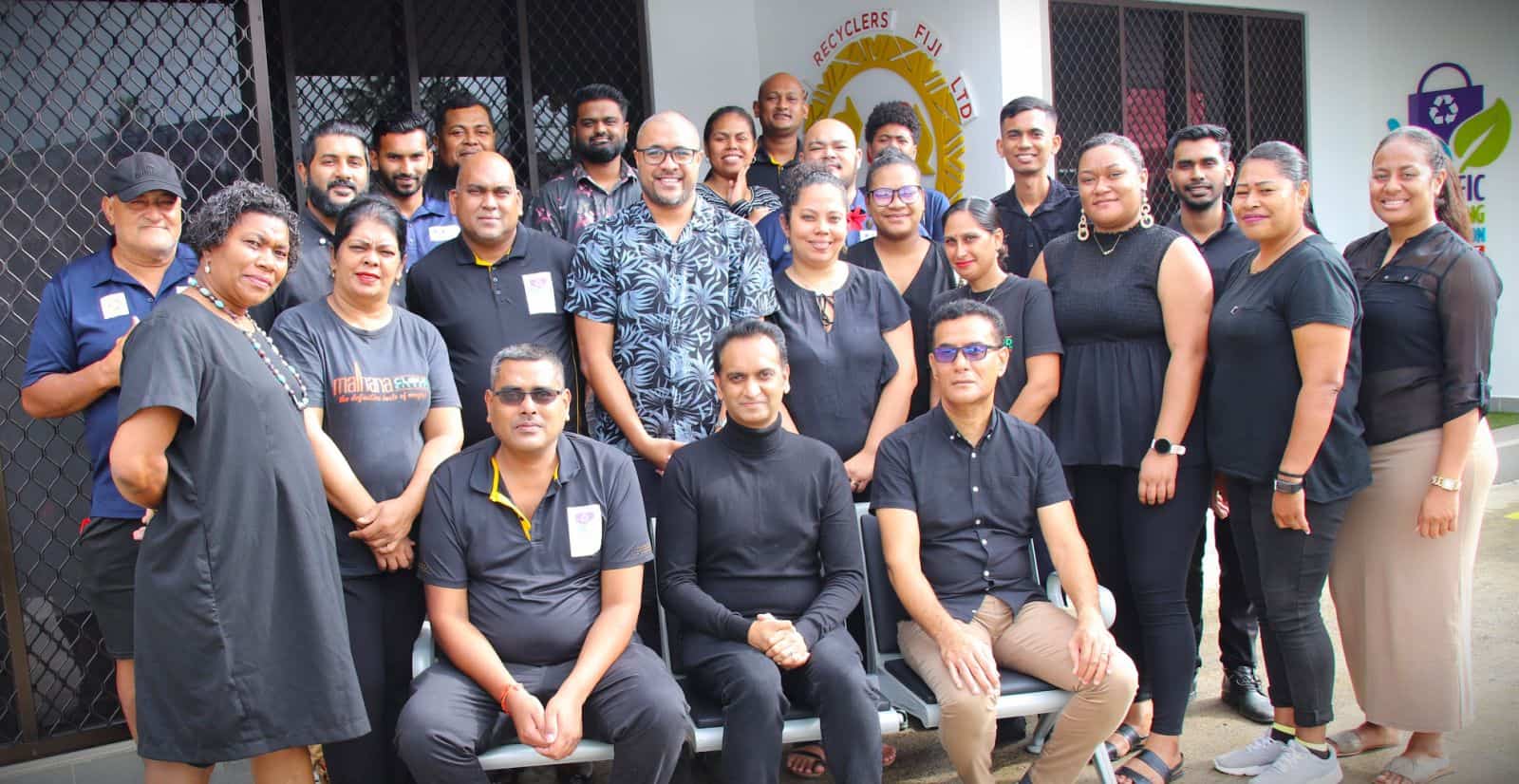In a significant shift for the local recycling sector, the Pacific Recyclers Alliance has recently gained formal recognition, marking a critical step forward for grassroots recycling advocates.
This acknowledgment underscores the pivotal role of informal waste collectors, or ‘Collection Pillars of Recycling’ (CPRs), who handle up to 60% of recyclables in Fiji and the region.
Amitesh Deo from the Secretariat for the Pacific Recyclers Alliance said the focus was clear, CPRs, who are often marginalised and face significant stigma, need respect and structured support rather than mere charity.
“Recyclers don’t need handouts; they need recognition and respect from the public,” Deo stated emphatically.
He believes this is a matter of providing these individuals with the dignity and support they deserve including essentials like personal protective equipment (PPE), safety boots, rain gear, and access to facilities such as washrooms.
“[The] recognition achieved at the 4th Clean Pacific Round Table (CPRT) held in Tuvalu showed that our voices are finally being heard,” Deo stated.
“The support for the role of the Collection Pillars of Recycling in the CPRT outcomes is a significant victory for the thousands of individuals engaged in the collection of recyclables across Fiji and other Pacific nations. This recognition validates the hard work and dedication of these communities, who are essential to the region’s recycling and waste management efforts.”
The CPRT also marked a historic moment with the formal recognition of the term “Collection Pillars of Recycling” (CPR), a term originally coined by a group of women in Vunato, Lautoka, in 2022.
The term was introduced during workshops organized by the Pacific Recycling Foundation in collaboration with the International Union for Conservation of Nature, Fiji Women’s Crisis Centre, and Lautoka City Council. These workshops sought to replace the negative connotations associated with “informal waste pickers” with a more dignified and empowering identity.
The Pacific Recyclers Alliance, with Fiji serving as the Secretariat, is in the process of formalising its structure. Key steps include drafting a constitution, formal registration, and establishing a framework for collaboration among member countries. The Alliance will also focus on enhancing local waste management practices through knowledge sharing and implementation of best practices across the region.
One of the most pressing issues, according to Deo, is the need to move beyond mere discussion and to implement actionable solutions. The Alliance is committed to ensuring that research and policy discussions lead to real-world changes in waste management and recycling practices.
“Local communities and CPRs are beginning to see the impact of this new recognition, although the full effects are still unfolding.
Deo noted a sense of cautious optimism among CPRs, who view this recognition as a long-awaited victory in their ongoing struggle for dignity and respect.
As the Pacific Recyclers Alliance continues to build momentum, it aims to leverage global recycling days and other initiatives to further elevate the role of CPRs and drive systemic change in recycling practices.
The secretariat office in Suva is planning to extend its work to other Pacific Island Countries with Solomon Islands and Vanuatu first on the list.
The newly formed Pacific Recyclers Alliance, which now integrates six national recyclers associations, aims to streamline and enhance waste management and pollution control efforts across the Pacific region.
The Clean Pacific Round Table also encouraged Pacific Island Countries and Territories to establish National Recyclers Associations and to expand their membership and representation within the Pacific Recyclers Alliance.
Deo affirmed the Pacific Recyclers Alliance’s commitment to continuing its advocacy and support for CPR and grassroots recycling organisations throughout the Pacific.
“Our work is far from over,” Deo concluded. “We remain dedicated to supporting and amplifying the efforts of grassroots recyclers as we work together toward a more sustainable future.”
